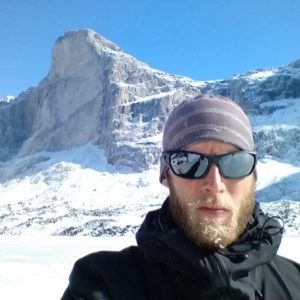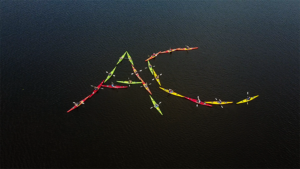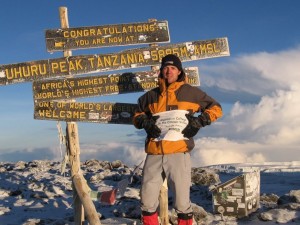It had to involve whitewater rafting. 25 years after the Pembroke Campus launched its highly successful Outdoor Adventure diploma program, alumni from across Canada returned to the rapids of the Ottawa River to mark the significant milestone. More than 75 alumni participated in the two-day celebration, which included a Friday night reception at the Waterfront campus, some rock climbing in the campus gymnasium, and then an afternoon of rafting the following day at Wilderness Tours.
Program coordinator Jeff Jackson spoke passionately about how the program has changed the adventure tourism industry, producing graduates who now work around the globe. Jackson, who is highly respected as one of the world’s leading adventure tourism risk management experts, has a special rapport with the students he teaches. That resonated throughout the weekend as alumni re-engaged with him, some of whom he had not seen in decades.
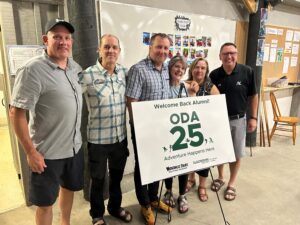
Faculty and staff of Algonquin College’s Outdoor Adventure program pose for a picture at the program’s 25th anniversary celebration. (L to R: Chris Melmoth, Cam Dube, Jeff Jackson, Kate Monahan, Bobbie Gormley and Jamie Bramburger.)
The celebration was a time to reflect on the program’s origins as former Algonquin College President Kent MacDonald provided a video message that shared the program’s genesis. MacDonald is now the President of Northwood University in Michigan, but in 1999, when the program launch was announced, MacDonald was the Chair of the Business, Technology and Outdoor Training department at the Pembroke Campus.
“There is no doubt in my mind that it is the preeminent outdoor adventure program,” said MacDonald, who highlighted the unique partnership the college struck with Wilderness Tours to bring the program to fruition. “This type of partnership was new for a college to work with a private industry partner. I can’t imagine the multi-billion dollar tourism industry in Ontario and Canada if it didn’t have the Algonquin College Outdoor Adventure program to produce these graduates with the latest education and training and being prepared to lead this industry,” added MacDonald.
Representing alumni, Abigail Dunford, who graduated from the program in 2017, spoke about how the program has allowed so many students to do what they want to do. Dunford came to the program from the Toronto area. Like so many others, she relocated to Pembroke because of her passion for the outdoors and the opportunity to enroll in a program that would allow her to turn that passion into a career.
Wilderness Tours Founder Joe Kowalski spoke to the alumni, sharing his own story of starting his company in 1975 after he fell in love with the thrills of whitewater. Kowalski talked about how his business has changed, highlighted by his company’s relocation to a new site along the shores of the Ottawa River four years ago, a place many alumni were visiting for the first time. “I’m impressed that so many of you have come back to celebrate this special occasion,” said Kowalski, who will mark the 50th anniversary of his Wilderness Tours enterprise next year.
The Wilderness Tours partnership with the college was paramount to the program getting off the ground. The company was well established in adventure tourism and had the expertise to deliver the hundreds of hours of practical training experiences that have been the cornerstone of the program since the first intake in the Fall of 2000. Wilderness Tours also had the required resources for the training, including rafts, kayaks and mountain bikes.
Not much has changed in terms of how the program is delivered. Students still spend two days each week at the Wilderness Tours resort or Mount Pakenham ski hill, where they hone their skills, earning several industry-recognized certifications. When on campus, students learn about risk management, accounting, finance, marketing and entrepreneurship, and communications. This recipe of courses has helped many alumni start their own adventure tourism businesses or position them for leadership roles within the sector.
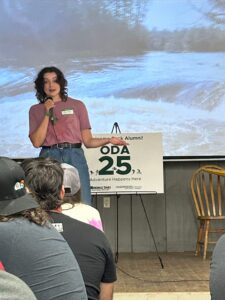
Algonquin College alumna Abigail Dunford , who graduated from the Outdoor Adventure program in 2017, speaks to a group of Outdoor Adventure alumni at the program’s 25th anniversary celebration.
Interim Dean Jamie Bramburger spoke about the impact the Outdoor Adventure program has had on the Pembroke campus. “When the program was launched, it showed us that if we created unique programs, we could attract students from outside of our area. I believe this program played a significant role in our ability to build the new Waterfront Campus because it demonstrated we could be a destination campus for students,” said Bramburger.
To mark the 25th anniversary of the Outdoor Adventure program, the Pembroke campus announced the establishment of an endowment to support Outdoor Adventure students in financial need. The goal is to raise a minimum of $15,000, but it is hoped that the endowment will continue to grow to support more students by providing bursaries. Outdoor Adventure has one of the highest tuition of all programs offered by Algonquin College. Donations can be made at this link: Outdoor Adventure Bursary | Advancement and Strategy (algonquincollege.com)
Twenty-five years ago, the Pembroke Campus created one of the most exhilarating college programs in the world. By doing so, Canada’s multi-billion dollar tourism sector provided a skilled labour force focused on risk management and leadership skills. Since then, hundreds of graduates have taken their skills across the country and worldwide, starting up new adventure tourism businesses and strengthening the workforce in existing businesses. The program has left its mark and will continue to feed an evolving industry that remains vital to the nation’s economic prosperity.
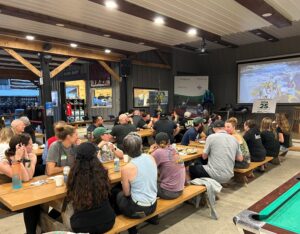

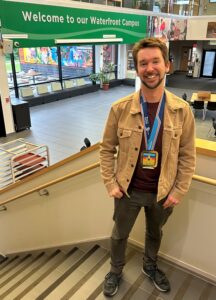
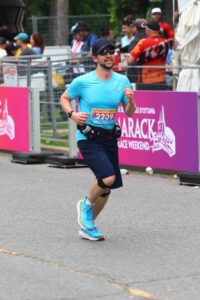
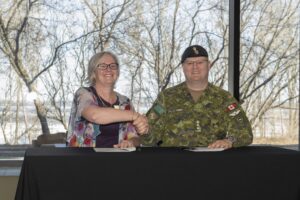
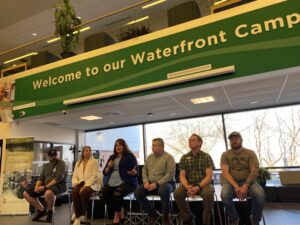
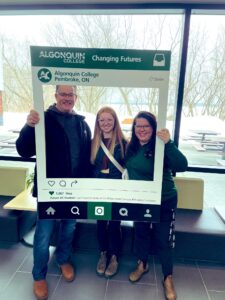
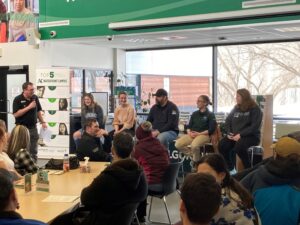
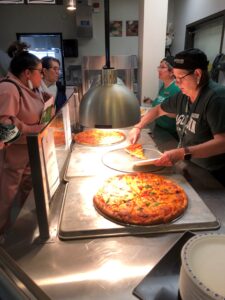
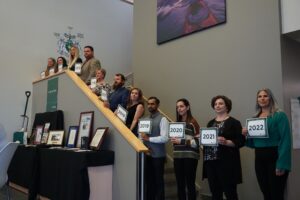

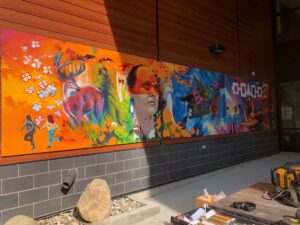
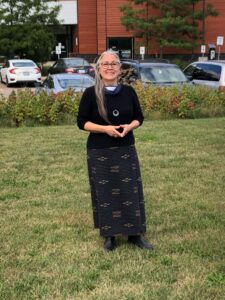
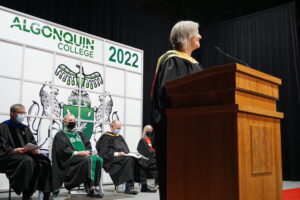
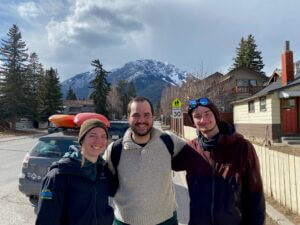
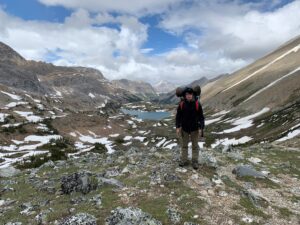
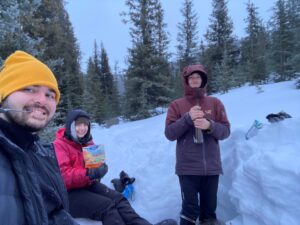
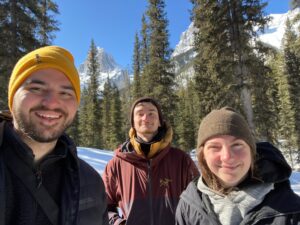

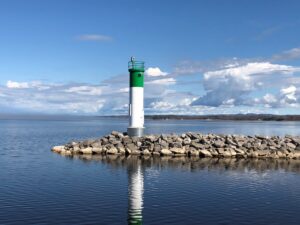

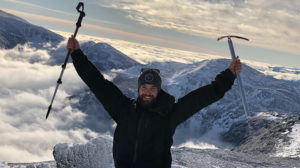
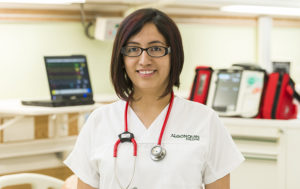
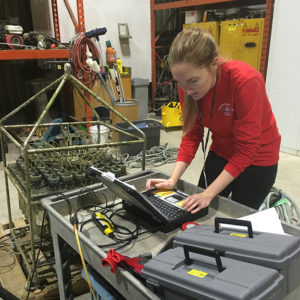
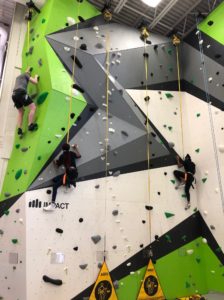
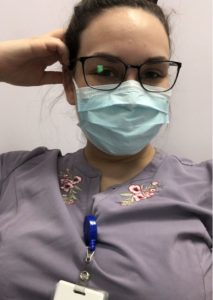
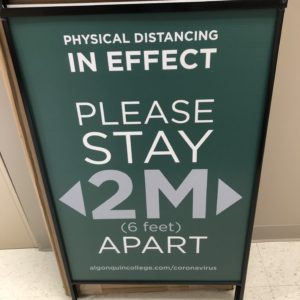
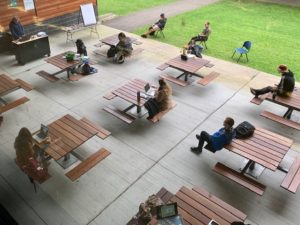
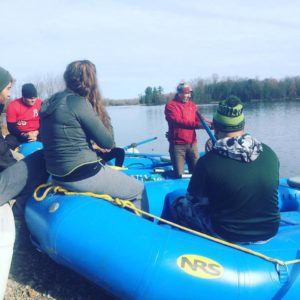
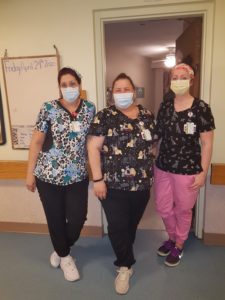
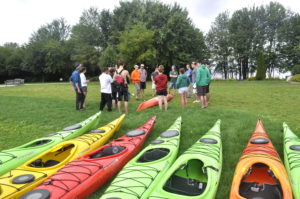
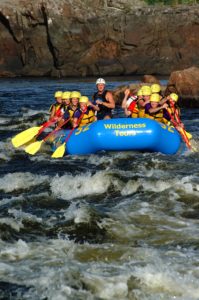
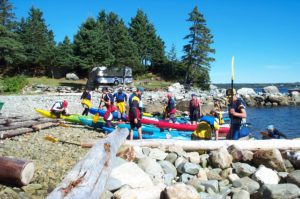 Like MacDonald, Kowalski saw the potential in a partnership with the College. “This was exactly what the industry needed. It helped bring credibility to the adventure tourism sector and we were very proud to be pioneers with Algonquin College in developing the most successful
Like MacDonald, Kowalski saw the potential in a partnership with the College. “This was exactly what the industry needed. It helped bring credibility to the adventure tourism sector and we were very proud to be pioneers with Algonquin College in developing the most successful 